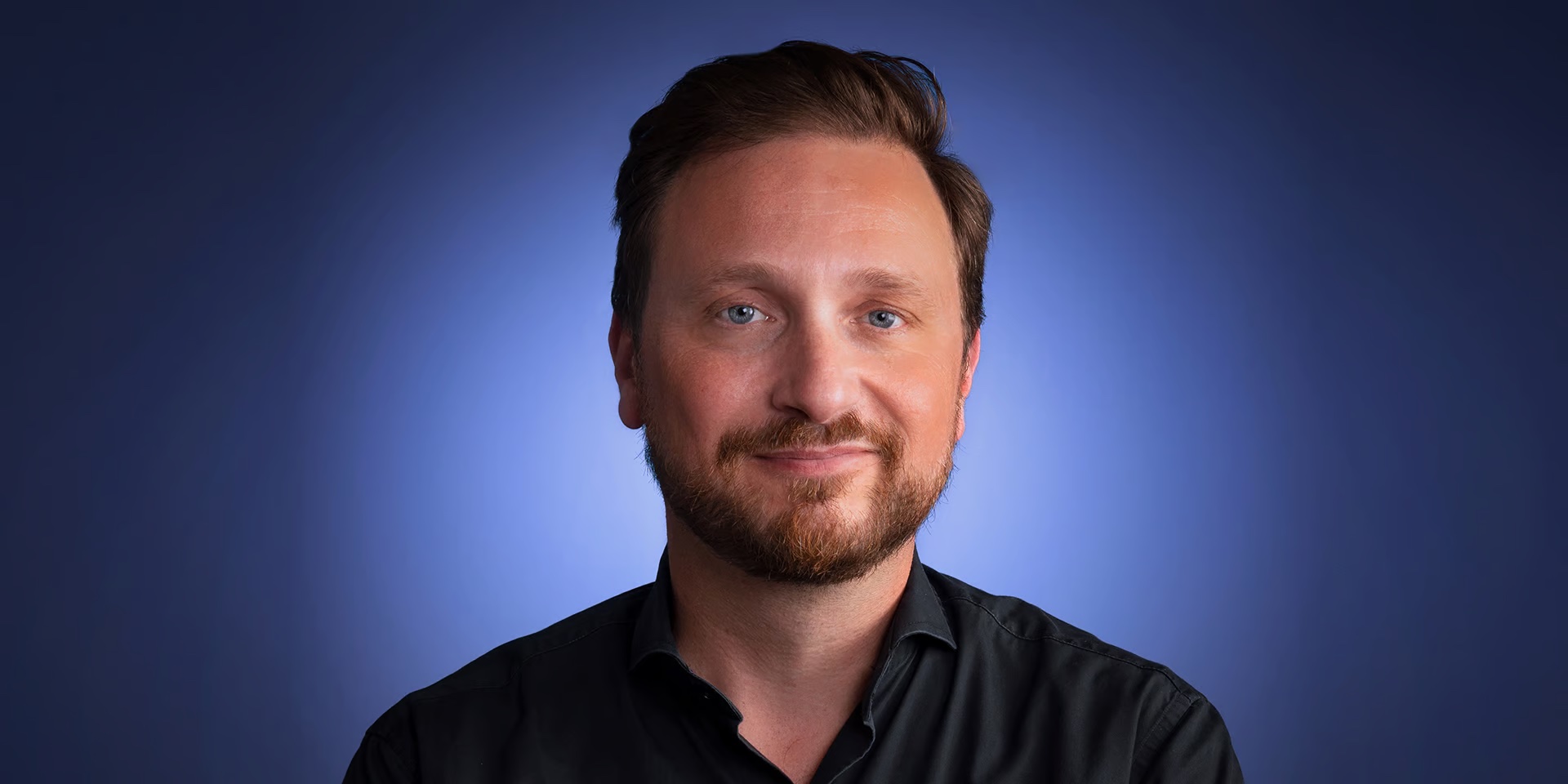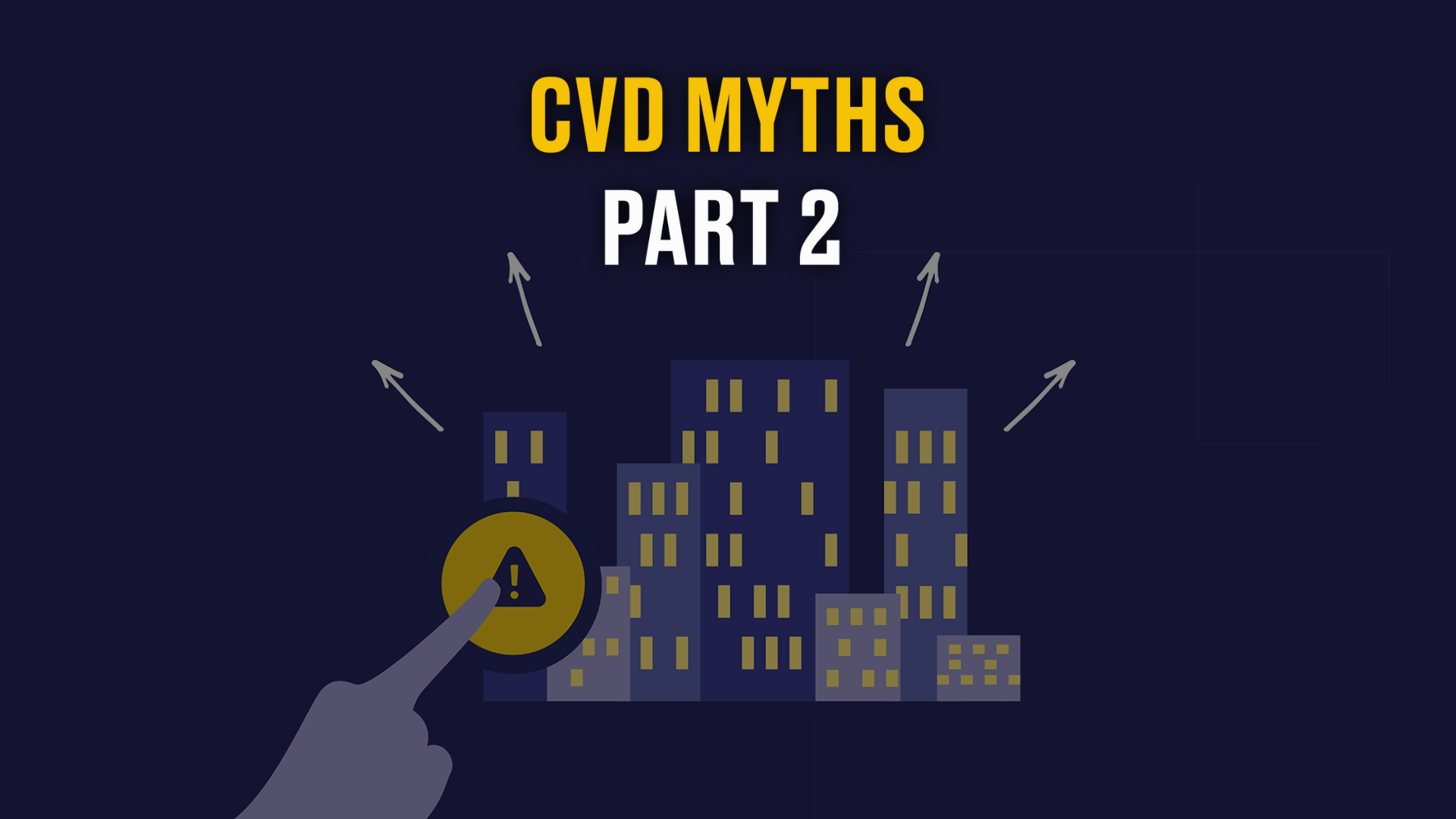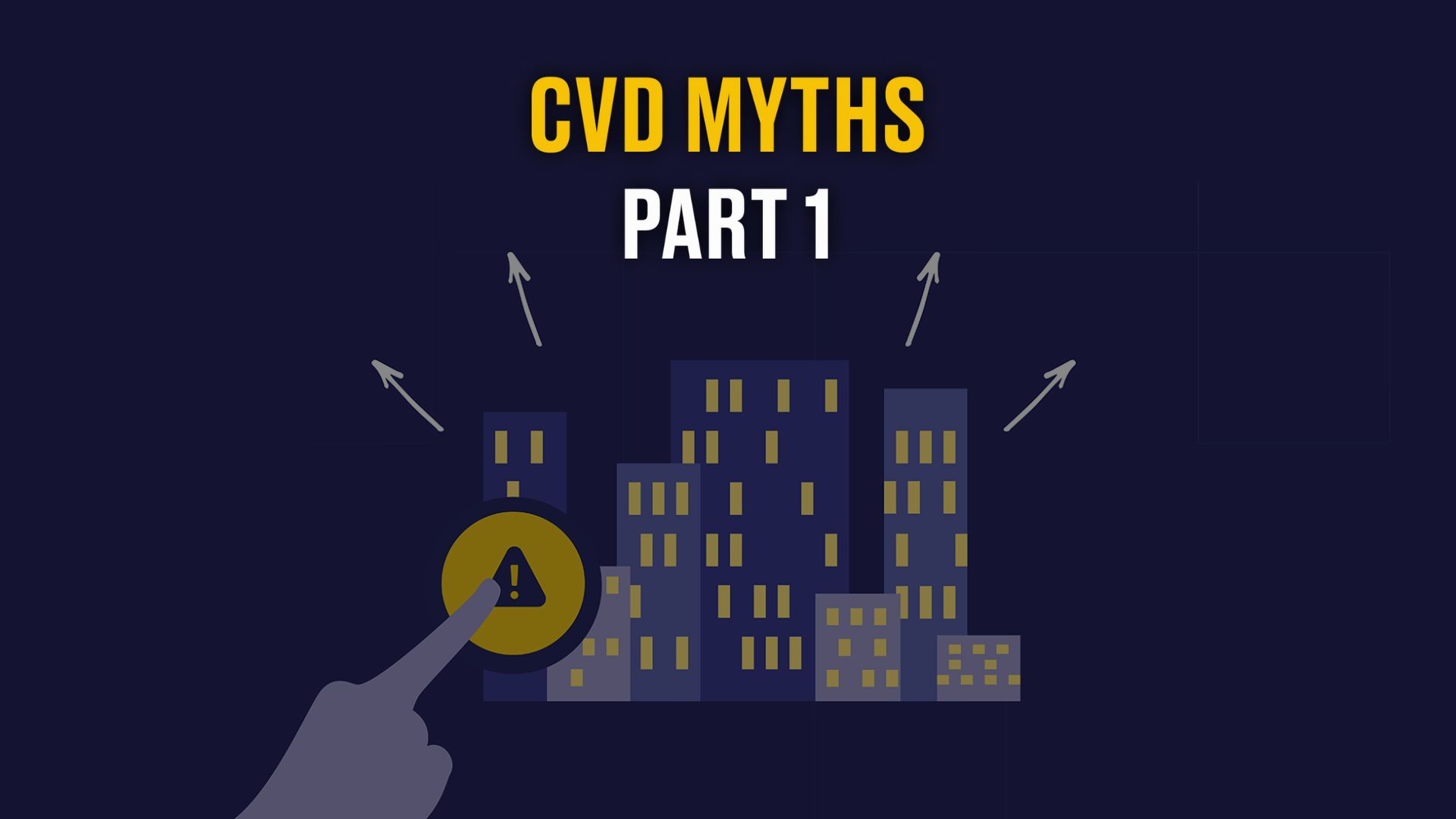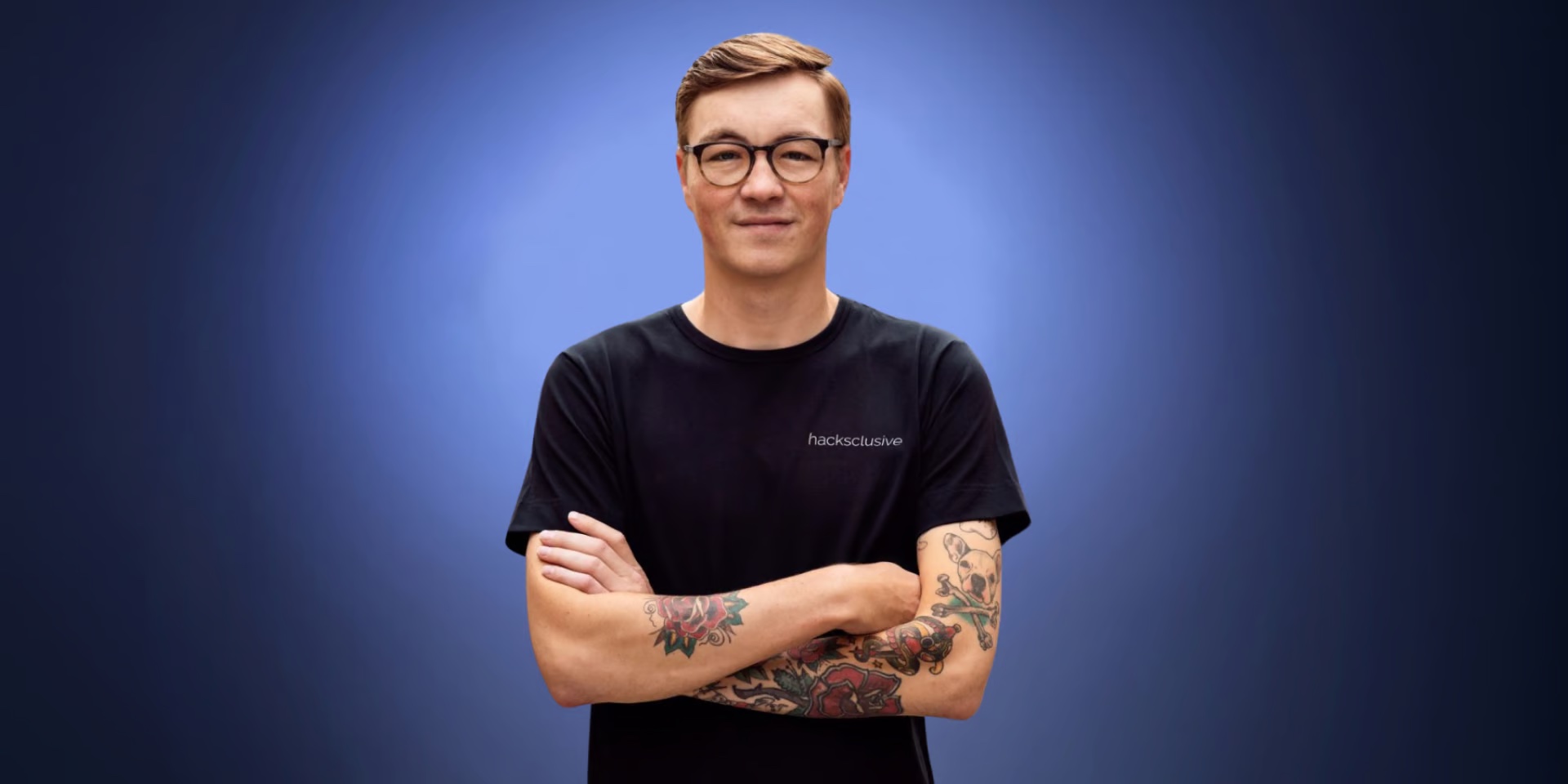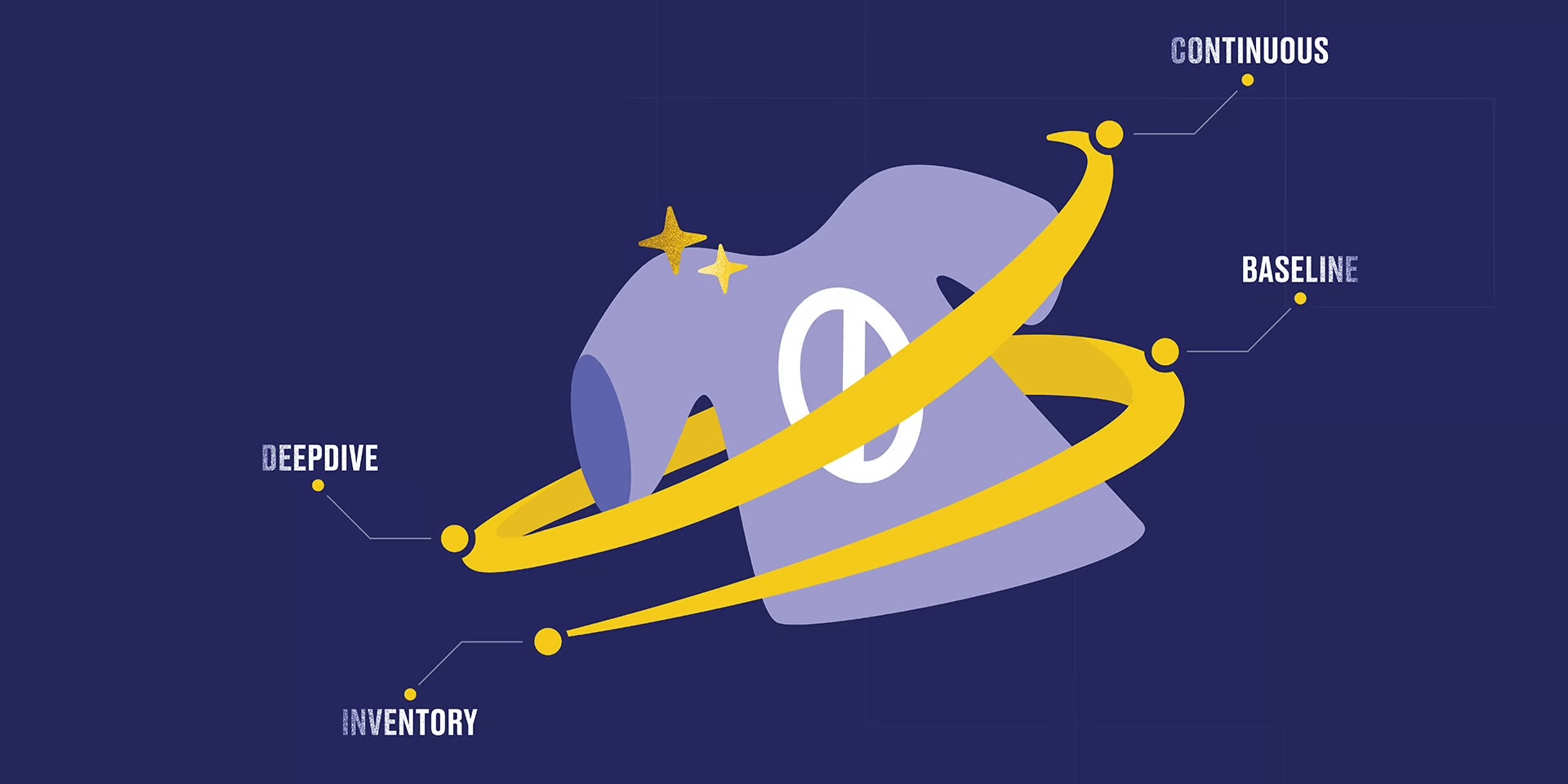Welcome to the special edition Hoodies Behind Zerocopter with our CEO, Erik Ploegmakers! Erik’s mission is to reshape the landscape of the security field and ensure that it becomes not only more accessible but also fairer and more inclusive for everyone.
You can watch the interview between Erik(CEO) and Edwin(CTO) or read it below – you choose!
Edwin: Hi, Erik, how are you?
Erik: Excellent!
Edwin: Very nice!
Erik: Thank you!
Edwin: So in this format, we’re going to ask you some questions, mostly about how you ended up here, what your hobbies are, and stuff like that. So, let’s just start by introducing yourself. So please, tell me, how did you end up at Zerocopter?
Erik: All right, well, I’m Erik Ploegmakers! It’s a great Dutch name, and actually, you asking me that question is quite funny because I think you are probably the person who is responsible for me joining two years ago, no, two and a half years ago!
Edwin: Yes!
Erik: I remember, probably around Christmas, we had a conversation.
Edwin: Time flies!
Erik: Time flies! And I think it only took 30 minutes or something like that.
Edwin: Well, the coffee was longer.
Erik: The coffee was longer. So, 30 minutes where we had a conversation about, well, initially, about all kinds of less relevant stuff, and then you explained a little bit about Zerocopter. Obviously, I knew the company, for a pretty long time, but I never was really actually sure what happened at Zerocopter, except for this feeling of…
Edwin: Magic!
Erik: Exactly! I think we even spoke about the magic part. So the magic part in the sense that it is easy to build a company when you are talking about sales and operations, but how do you actually introduce something that’s special, that’s really complicated? And I was looking for something that was special, so yeah, for some reason, you fooled me into joining!
Edwin: But you’re still happy that you’re here, right?
Erik: Yeah, definitely!
Edwin: That’s good, that’s good! But I remember the conversation, I also thought it would be cool to have you on board, which turned out really cool! But for now, we are building completely new stuff, which I’m really happy about. And how do you feel that’s going to affect the future?
Erik: You know, I remember we had the conversation that we want to kind of bring Zerocopter to the next level. I mean, that’s something that everyone always says, you know, we want to go to the next level, next stage, and it’s really difficult to understand what that means, you know? What’s the next level?
For me personally, I was at a stage in my career where I’ve been leading all kinds of almost traditional security companies that were really busy with advisory, consulting, and always complaining about how difficult it is to find great people. And you had this pitch that said, okay, we have a huge network of great people, but how can we actually run a great business based on that? So for me, that felt like, okay, that’s a whole different problem to solve, you know? For now, this gives us an opportunity to not only focus on hiring people all the time but also actually build something new! And so that’s, I guess, where we started, so figuring out how we can create this cool company on top of this amazing network of hackers.
And also, I think the other thing that really interested me is that by joining Zerocopter, I got the opportunity to build a company but still be good to the people. And it sounds a little bit cheesy, but what I mean is that within all kinds of traditional advisory firms, it’s always the goal to make as much money as possible. And in order to do so, you need to make sure that you keep wages low, and you need to make sure that you make a lot of money out of your customers, and in the end, there’s always friction there, you know? And here it’s okay, we can only be successful if all the researchers and hackers in our community are really happy, you know? So the moment we start doing bad stuff in order to make more money, well, we’ll just lose all of these people, and then the company just dies. So even if we would have been evil master geniuses, there would not be a business. So, in the end, I think it boils down to just being nice, I think. That’s one of the first things that we decided, that we would have a “no asshole” policy, if you can recall? Sounds easy, but all firms always have this moment where they say we need to find and hire a jerk because we need to be more pushy, and we need to push our customers to the next level. And in order to do that, we need to be angry. And we said, okay, well, can we just try it without having this asshole around? And I think, well, until now at least, we succeeded!
Edwin: Yeah! But you also said when you came here that it was basically different from all the other companies you worked with. Was it also different for you to adapt here? Was it weird for you in a sense?
Erik: Yeah, it was weird! Also just the sheer fact is that Zerocopter, at least until today, is a relatively small group of people. The whole model is that we don’t want to hire hundreds and hundreds of people, but we want to have really good people and not create this huge pile of people who are doing repetitive stuff. So, you know, before Zerocopter, I was a bit of a prince. I had this whole legion of people servicing me all the time. And within Zerocopter, you pretty much do it yourself, so yeah. I think in COVID times, we all learned to be more self-sufficient, but I think in Zerocopter, we are very self-sufficient, and well, that took me some adaptation.
Edwin: Some time to get the feet in the clay?
Erik: Yeah, and I think today I still don’t have my feet in the clay. I’m a manager, leader type of guy, and I have to be honest, I’m not the developer here, I’m not the hacker. But I feel a lot closer to that here. And that’s actually what I was looking for as well, so I like it. That’s a huge difference! And also, by the way, the type of customers is different. Here, I think we have more customers who are also closer to the actual tangible work rather than frameworks and all kinds of policy stuff. I used to be very good at policies.
Edwin: Yeah, we want the clients that don’t do it for the certificates and the compliance, but they want to work with us because they want to be secure.
Erik: Exactly!
Edwin: Basically, that’s different!
Erik: You know, obviously something that I’ve always said – it’s way more fun to work with clients that actually want to be secured. We really don’t want to keep convincing people that security is important. But I guess within Zerocopter, that’s easier, I think. We’re attracting more hackers and customers who are actually interested in this rather than only because of compliance reasons. And that’s probably also a bit of that magic. And even today, I’m not really sure where that comes from, you might have something to do with it, I am guessing…No, but jokes aside, I think that’s really what distinguishes us from other companies that I’ve seen!
Edwin: And do you have some weird things you encountered in your first year? That you are here, and you are like, “Holy shit, what’s happening?”
Erik: Yes! Well, one of the things is that we have a lot of stuff here…
Edwin: How is that possible?;)
Erik: I’m not really sure where that comes from, haha, but there is always stuff in this company. Whether it’s digital or whether it’s physical. Well, I like it, you know, it’s funny. And that’s something that I remember even in the early days when I just joined, I think one of the first things we did was cleaning up the office, which really felt like something that you need to get used to.
Edwin: It was difficult!
Erik: It was difficult, but I think this is also part of the culture as well, that we try things, we have stuff that we want to touch and figure out how it works, and that also comes with rubbish. We have a lot! You have even hidden some of the rubbish over there…
Edwin: (grabs an old-school phone on the cord) Yes, no, he didn’t mean rubbish, no, no, no!
Erik: I meant old-school technology;)
Edwin: Yeah, he meant old school, okay thank you! Bye! yeah sorry..
Erik: So that was something that I needed to get used to. Also, I needed to get used to the fact that this company is very digital. So, compared to other companies that I used to lead in the past, everyone was always at the office, sitting behind the desk at a certain time. Not because they really needed to, but because it was just expected of them. I think we are way more modern over here.
Edwin: And is it modern or is it Covid?
Erik: Yeah, it’s probably started with Covid, but as far as I can reverse engineer that it has been around even from before Covid. And I like it because it gives people room to not only work but also have a good private life while also doing stuff at weird hours.
Edwin: But we have a beautiful office!
Erik: We have a beautiful office, yeah! But we don’t expect you to be there every day at 8:00 in the morning.
Edwin: This sounds like an awesome job, so if you want to join.. oh no, we are not looking for people, sorry, hehe. Okay, and any stuff that you were like came home and then said what I encountered today is like out of this world?
Erik: Out of this world? Well, what’s so strange is that we are doing so many very important assignments, and by important I mean that we have huge companies that we serve, and we have a government that we help, I’m not saying that we don’t make any money out of it, but a lot of that is almost like intrinsically. So I mean even last week, there was this huge vulnerability found in a Dutch government organization. We cannot talk about it, but you have to trust us, and again, this was very valuable, but we’re not sending an invoice for that. You know, from one side, that’s obviously weird because I’ve worked at other companies that specifically for the impact that that vulnerability would have, would probably pay hundreds of thousands of euros, and here we actually just give it to them. What we get for that is recognition, which is cool!
Edwin: Trust!
Erik: Trust! That might have something to do with its magical feeling, but the impact of those things is way bigger than I expected.
Edwin: Yeah, but I think that’s also why we hired you – to find that balance. Because as you say, we want to help people and we don’t expect to get paid a lot and it might be nice to get paid a lot..
Erik: Yes, but it’s just a strange thing if you compare it. I mean, I’ve worked at multiple huge companies, and if I see the amount of money that goes around for services that are way less valuable, but they actually get paid for that! It’s really, truly amazing to see the difference there, you know? One of the first things that I thought is, well, we should make it way more expensive then because if others are actually paying for that, why shouldn’t they be paying that amount of money to us? And then I started to realize it’s probably the other way around! They are just overcharging, and we shouldn’t be raising our prices, we should have more customers, and we should just keep it at that level, make it even more accessible, and not raise these prices. And it’s the other guys that are actually doing a bad job. They’re just overcharging for less valuable information.
So that’s actually where we are today. What we decided is that we’re not going to have a few customers and charge them huge amounts of money for information that we think is important, but shouldn’t be so expensive. We’re going to look for more clients and make it accessible to them. Don’t push all kinds of less relevant information to them and send invoices for that. And that’s the challenge that we’re facing.
Edwin: And do you think at this moment in time we fit in that industry, or are we still the black sheep the way we do it?
Erik: Well, obviously, we are!
Edwin: But we are so kind..
Erik: Yeah, but one of the things that kind of annoys me is that quite often Zerocopter, not only Zerocopter by the way, but let’s say friends of Zerocopter or other hacker networks, quite often almost like the entertainment, and you must feel similar every once in a while. Quite often, we have these great conferences or maybe board meetings, and hackers get invited, and everyone really likes it because they have great stories to tell. And in the end, everyone is just shaking hands and laughing, and it’s amazing that these guys were here, please give them applause, and then they leave, and now we actually start doing important stuff, you know? I always get that feeling, so it’s more like, okay, well, as if we are the entertainment, I’m not saying clowns, but I think we should definitely get over that. This doesn’t mean that you сannot be nice, you can be nice, you can be polite, you can be funny, but in the end, it’s also just important and also business and yeah…
Edwin: What I feel mostly is when we do the talks, there is a moment people are like, okay, I had a lot of fun, but I have to fix something or I have to do something about it, but after a couple of days it goes away! And that’s something I think we should look at, how can we change that. Maybe by building a platform which is much more accessible and much more in your face, maybe mobile, etc., that’s something that might help.
Erik: Well, that’s at least our best guess! I think that because there’s definitely a need, every conversation that we have always ends with okay, I think I have a problem, I could use your help, but how does it work, how do we get in touch, it sounds a bit scary as well, how do you know these guys are actually to be trusted? That’s always the question, because, well, take it or leave it, compared to a nice young gentleman that’s been shaved and wears a nice suit and tie, that always for some reason, feels more trustworthy than the opposite, which is definitely not true! But that’s for some reason for ages has been the feeling, and I think that’s what we’re coping with. I think it’s good that you don’t adapt, and you shouldn’t adapt. You shouldn’t start to dress differently because, otherwise, people won’t trust you, but that’s always been a frustration of mine.
I remember, even though I’m now in a managerial position, my first job I did forensic research, and specifically in those days when there was a significant bridge, you would suddenly just get invited into a boardroom. I was 25-26 years old or something like that, I knew what I was doing but, obviously, I have never been into a boardroom before. But at that moment in time, they couldn’t care less, you know? They were in a panic, there was a bridge! There were these three 25-year-old guys, some of them were even wearing shorts because it was sunny outside, and they couldn’t care less because they needed them! And for some reason, then it’s not important, but if there’s no crisis, suddenly people expect you to wear the suit and act as the consultant. I think that’s what we should change. And even what we are currently looking at is that we’re not even actually going onsite with suits, we’re just providing a platform where you could interact with people that you couldn’t care less about how they look.
Edwin: True, true! And the new platform we are building, is it more tangible now that we’re building the platform compared to when you came here two years ago? In the vision, minds and how do you foresee it in the future of info security?
Erik: Yeah, you know, about two years ago, we were at this stage where we said, okay, we believe in the power of this hacker network. We trust that if we are coping with, let’s say, a network of bad guys, you cannot fight them with having all kinds of structured frameworks, compliance driven service organizations. You should have something similar to actually make sure there’s a balance, you know? So, if there’s a huge network of bad guys, we should have a huge network of good guys! And we shouldn’t be structuring that network, but we should at least make sure that we help them to actually find companies that they want to help but also learn from each other, get contacts, etc. How can you do that? Well, making it really easy and accessible, and face it, easy and accessible always means remote. These days we can’t invite everyone to fly over 20 times a year, so we need to make sure that they can actually interact in a digital way. And the funny thing is this has been done thousands of times in other industries. There are other industries that are very good at creating networks that are very good at digital platforms, but for some reason, within security, this is still relatively new. So what we said is that we shouldn’t be inventing that wheel, we should really look carefully at how it works in other industries, while maintaining the security focus, you know.
Edwin: And the fun!
Erik: And the fun, but you know, let’s face it, I mean, they are having fun in other Industries as well, but with regards to privacy, with regards to transparency in other industries, they actually might overdo that, to put it in a nice way. We’ve said okay, we really want to learn from these industries, we want to learn how it works to actually get business through digital channels without, well, screwing over the people, without harvesting their data, selling it to others, without being non-transparent about it. So then we said okay, we need to build that platform. We want to learn from these other industries, but we want to do it in an elegant and decent way. I think we are there today, and to answer your questions, I can actually reach out and touch it now. I’ve seen it, we’ve demoed it, it’s almost there. Now, we want to take it for a ride. And that feels really amazing because if you have an idea, it’s always great, everyone’s excited about it until you actually almost get to feel it, because then you can actually see what’s wrong with it, as well now we see that okay, we should maybe be putting extra effort in this, we might have created something there, that’s not so useful. But that’s fine, we’re going to improve it.
Edwin: That’s part of the process!
Erik: Yeah, exactly. We’re going to improve it, but we have it now. And the fact that we’re on the verge of launching it, it’s really exciting. I don’t expect this to be, let’s say, perfect on the spot, but we’ve created it in such a way that we can change it, we can change it all the time, we can adapt to what the hackers want, we can adapt to what clients want, so it’s going to be exciting!
Edwin: Was it frustrating for you that we, hackers, are mostly the 80% people? So we have a problem, we develop something, we try to fix a problem, and then at some point, it works on our computer, and then it’s like ‘done’, give me something new. Is it frustrating?
Erik: Well, this is what I’ve been used to through my whole career, so there’s always, let’s say, the command line interface tigers that are saying, “Okay, it works.” I have the command line interface, and I see no issues, then yes! But we prefer you to build a graphical interface because we might get some customers that actually want to click on something, and then quite often the quality drops. And what we really did last year, and I’m sure you can agree, is that we invested heavily on user experience. Not only to get to more customers but make it really easy to use. And that was quite difficult because specifically hackers have the tendency to know it all. But hackers are not always, let’s say, the typical users of the platform. Quite often, there are also other people that we want to make it more accessible, and we need to learn and listen to them as well. And when a hacker says it works for me, it doesn’t mean that it works for everyone. So we need to find a balance between, well, good enough in the sense of okay, I’m a hacker I can use it now, and I don’t need all that fancy graphical stuff, and also making it accessible to other people. I think at least we invested heavily into it, and I can use it now. And I see myself as a relatively digitally savvy guy, but definitely not a top hacker. So I think we’re doing decently.
Edwin: Good! And if you wanted to fix something in the industry or in maybe the cyber security scene, what would that be, and will that also be in the platform at some point? Or is that something that might be unfixable?
Erik: I think that my personal goal with this company is that we want to make the cybersecurity industry more fair or realistic. One of the most important things that I’ve learned through the years is that cyber security has become such a buzzword, such a bubbling industry that you can get away with a lot of low-quality shit. So whether it’s the technology, whether it’s the expertise, whether it’s the services that you deliver, if you just put a stamp of cyber security on your company, suddenly you become more valuable. There is no real intrinsic motivation for these cyber security companies to change because they are profitable, they’re making a lot of money, so why the hell should you change that business model, you know? If the business model is making it very complicated, telling all your clients we can’t explain this to you because you wouldn’t understand, but you have to trust us, just pay us $500 an hour, and then we’ll fix it for you. And if the customers then say ‘okay well that’s fine,’ why the hell should you ever change that model? I’m not saying that all companies work like this, there’s obviously a lot of services that are good. But the model is always making everything really complicated and expensive. Making a huge theater around it, and through that, maintaining that status of all security is for the rich and is something that you probably wouldn’t understand as a normal human.
Well, I think that, like every industry, stuff will commoditize. Security is part of life. It will never be something that companies would love, it’s always something that they see as a negative. You can talk about it, but still, it’s always a negative. And face it, it needs to be easy and accessible, and we need to get rid of that whole theater. But having said that, we also like that theater. I mean, we like the whole concept of hackers being curious, being a little bit different, etc., etc. That’s fine, but as long as we get rid of that, okay, cybersecurity is more of a business model, and if I frame myself to be a cybersecurity company, I’ll become rich – that’s at least something that I don’t like. By the way, I think it’s great if you’re successful and we all become rich, you know, I really would like that. But jokes aside, it should be real. If you have a good service, if you have a good product, then everyone can make as much money as they want. But there’s so much crap out there, and well solving that with our platform, I don’t know.. but at least it’s a start.
Edwin: We will try!
Erik: We will try, exactly!
Edwin: And then Erik at home, what are his hobbies? What do you do when you’re not doing Zerocopter?
Erik: When I’m not doing Zerocopter, I’m actually a huge music fan, so I play guitar, and I play drums, and I play bass guitar.
Edwin: Classical?
Erik: I play in metal and punk bands, so yeah, I actually can play classical guitar as well, but I’m not so fond of it anymore. So that’s what I really like. I’m a huge fan of comics. Not, let’s say, Batman and Superman, but more like graphical comics I really like that. That’s one of my hobbies, collecting these things. So pretty boring..
Edwin: No, comics are cool! What’s the best comic you have?
Erik: That’s a good question, I think that the best comic ever written is a comic called “Mouse,” which is almost 30 years old now. It’s about World War II. Well, it’s about mice, I don’t have the time to explain it, but it’s amazing. But it’s an example of a really complicated story that they made easy and accessible through comics. So that’s probably one of the things that I like, so making complicated stuff easy is really what I like. I’m a sports fan, but I’m not so good at all these sports. But I like to do a lot of sports, so that’s pretty much it!
Edwin: We have a Zerocopter sponsorship I heard!
Erik: Yeah yeah, I heard as well, something with weightlifting.
Edwin: A weightlifting lady who’s going for the World Championships!
Erik: No, it definitely feels something within our comfort zone!
Erik: Yes, that’s what I mean! Okay, cool, do you have any closing remarks or tips for the industry or some vision you have you still want to do?
Erik: Well, I think a lot of the vision I have has been addressed.
Edwin: And we’re currently building it!
Erik: Yeah, we’re currently building it. You know, just to speak my mind, I think we’re currently at the stage with the industry where things will change. We’ll probably get rid of some of the theater. It’s still an interesting industry, but all the stories around state hackers trying to destroy our network are getting a little less. It’s becoming more common, and that means that the industry will probably change. That means that, like other industries that have been in this process, we will also be more normal, and that’s good. That means that we’re becoming adults as an industry, and that, I think, is also why we feel that this is the right momentum for the platform. But it’s scary because we might be missing for two years in the sense that maybe we’re too early at the party. I don’t know, at least I feel that based on all the experience I have in cybersecurity, the party is now starting, and we’re on time at the party. But it might well be that the party starts in two years. But it will start! And with the ‘party’ I mean that cyber security is going to become a mature industry, we’re getting rid of all the fear and anxiety and doubt, we just want to be a normal industry with nice people that are doing a good job and maybe less dependent on all the gibberish that’s around it. But it’s going to be exciting. We’ve put a big bet on this new platform. We’ve hired amazing people who have joined us not for what we are today but they have joined us for what we can become in the future. So you know, now we need to start doing it. So that’s going to be really exciting!
Edwin: Let’s go!
Erik: Exactly!
